About St. Joseph’s Addiction Treatment & Recovery Centers
You’ll benefit from immediate screenings and evaluations to determine appropriate care. Their programs provide treatment as you live at home. This ensures you can prioritize recovery while focusing on other responsibilities. Proven therapeutic interventions, peer support and medication assisted treatment are available to help you reach your recovery goals.
One thing that caught my eye is how attainable their services are. They ensure you can get the help you need, regardless of your ability to pay. Furthermore, they have extended evening hours and are open on weekends and holidays. That way, you can seek treatment whenever you’re ready.
You’ll also benefit from their comprehensive care coordination strategy. They partner with hospitals, primary care providers, law enforcement and social service agencies. I love this approach because you’ll have a team of professionals working together to help you reach complete healing.
Rehab Score
Gallery
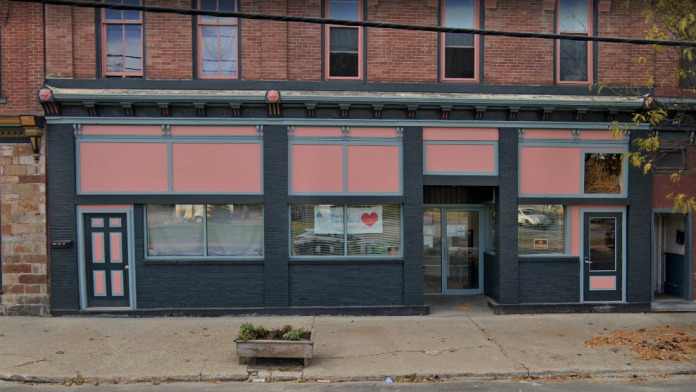
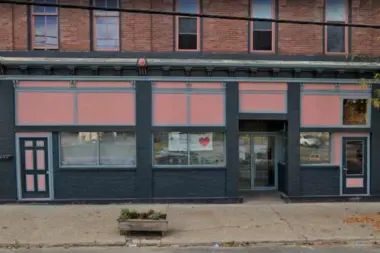
Other Forms of Payment
Self-pay involves paying for treatment out of your own pocket. You can use savings or credit, get a personal loan, or receive help from family and friends to fund your treatment. If you don't have insurance or your insurance plan doesn't cover a specific program, self-pay can help ensure you still get the care you need.
Private insurance refers to any kind of healthcare coverage that isn't from the state or federal government. This includes individual and family plans offered by an employer or purchased from the Insurance Marketplace. Every plan will have different requirements and out of pocket costs so be sure to get the full details before you start treatment.
Medicaid is a state based program that helps lower-income individuals and families pay for healthcare. Medicaid covers addiction treatment so those enrolled can use their coverage to pay for rehab. When a program accepts Medicaid the client often pays very little or nothing out of their own pocket.
Sliding scale payments are based on a client's income and family size. The goal is to make treatment affordable to everyone. By taking these factors into account, addiction recovery care providers help ensure that your treatment does not become a financial burden to you or your family, eliminating one barrier to care.
Addiction Treatments
Levels of Care
Intensive Outpatient Programs (IOP) are for those who want or need a very structured treatment program but who also wish to live at home and continue with certain responsibilities (such as work or school). IOP substance abuse treatment programs vary in duration and intensity, and certain outpatient rehab centers will offer individualized treatment programs.
Outpatient Programs (OP) are for those seeking mental rehab or drug rehab, but who also stay at home every night. The main difference between outpatient treatment (OP) and intensive outpatient treatment (IOP) lies in the amount of hours the patient spends at the facility. Most of the time an outpatient program is designed for someone who has completed an inpatient stay and is looking to continue their growth in recovery. Outpatient is not meant to be the starting point, it is commonly referred to as aftercare.
St. Joseph's Addiction Treatment and Recovery Centers - Front Street’s operates two Guest Houses; one in Poughkeepsie, the other location is in Schenectady. The Houses provide living arrangements for recovering men, 18 and over, who are looking to transition to independent living. The residences provide safe, supportive, home-like environments with structure, continuous staff monitoring, and frequent random drug/alcohol testing.
Treatments
The goal of treatment for alcoholism is abstinence. Those with poor social support, poor motivation, or psychiatric disorders tend to relapse within a few years of treatment. For these people, success is measured by longer periods of abstinence, reduced use of alcohol, better health, and improved social functioning. Recovery and Maintenance are usually based on 12 step programs and AA meetings.
When you choose drug rehab in New York, you'll participate in a variety of treatments that are designed to help you live a drug-free lifestyle. Common methods of treatment include group, individual, and family counseling, medication management, nutrition, exercise, and management of co-occurring mental health disorders.
Many of those suffering from addiction also suffer from mental or emotional illnesses like schizophrenia, bipolar disorder, depression, or anxiety disorders. Rehab and other substance abuse facilities treating those with a dual diagnosis or co-occurring disorder administer psychiatric treatment to address the person's mental health issue in addition to drug and alcohol rehabilitation.
Opioid rehabs specialize in supporting those recovering from opioid addiction. They treat those suffering from addiction to illegal opioids like heroin, as well as prescription drugs like oxycodone. These centers typically combine both physical as well as mental and emotional support to help stop addiction. Physical support often includes medical detox and subsequent medical support (including medication), and mental support includes in-depth therapy to address the underlying causes of addiction.
Substance rehabs focus on helping individuals recover from substance abuse, including alcohol and drug addiction (both illegal and prescription drugs). They often include the opportunity to engage in both individual as well as group therapy.
Programs
Adult rehab programs include therapies tailored to each client's specific needs, goals, and recovery progress. They are tailored to the specific challenges adult clients may face, including family and work pressures and commitments. From inpatient and residential treatment to various levels of outpatient services, there are many options available. Some facilities also help adults work through co-occurring conditions, like anxiety, that can accompany addiction.
Young adulthood can be an exciting, yet difficult, time of transition. Individuals in their late teens to mid-20s face unique stressors related to school, jobs, families, and social circles, which can lead to a rise in substance use. Rehab centers with dedicated young adult programs will include activities and amenities that cater to this age group, with an emphasis on specialized counseling, peer socialization, and ongoing aftercare.
Clinical Services
St. Joseph's Addiction Treatment and Recovery Centers - Front Street offers family support sessions. The also have a residential program available for family members of individuals suffering alcohol and/or substance addiction. Upon admission to St. Joseph’s, residents meet with family counselors to sign releases for those loved ones they wish to invite to participate in family session. Counselors guide residents towards identifying loved ones who have been most impacted by their disease, who have enabled them, and who they wish to continue relationships with after treatment. Ultimately, the invitation to participate in family session is at the discretion of each resident. Only those persons contacted by the family department may attend family session. Participants include, but are not limited to: parents, children (ages 13 and older), spouses, significant others, friends, sponsors, and other relatives.
Group therapy is any therapeutic work that happens in a group (not one-on-one). There are a number of different group therapy modalities, including support groups, experiential therapy, psycho-education, and more. Group therapy involves treatment as well as processing interaction between group members.
In individual therapy, a patient meets one-on-one with a trained psychologist or counselor. Therapy is a pivotal part of effective substance abuse treatment, as it often covers root causes of addiction, including challenges faced by the patient in their social, family, and work/school life.
Staff & Accreditations
Staff
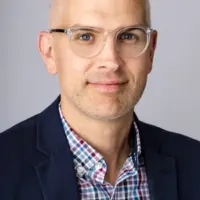
James Button
President & CEO
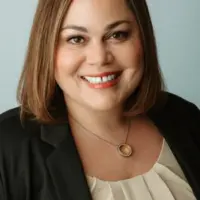
Kati Jock
VP of Operations & Finance/COO
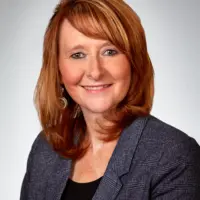
Jennifer Dishaw
Chief of Staff
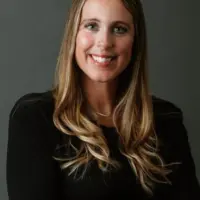
Courtney Frank
Associate VP of Finance
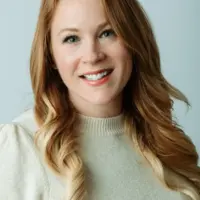
Jennifer DiTullio
Associate VP of Operations
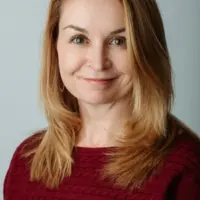
Heather Wenzel
Associate VP of People
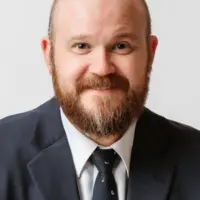
Zachary Randolph
Associate VP of Clinical Care
Accreditations

The Commission on Accreditation of Rehabilitation Facilities (CARF) is a non-profit organization that specifically accredits rehab organizations. Founded in 1966, CARF's, mission is to help service providers like rehab facilities maintain high standards of care.
CARF Accreditation: Yes
Contact Information
1703 Front Street
Keeseville, NY 12944